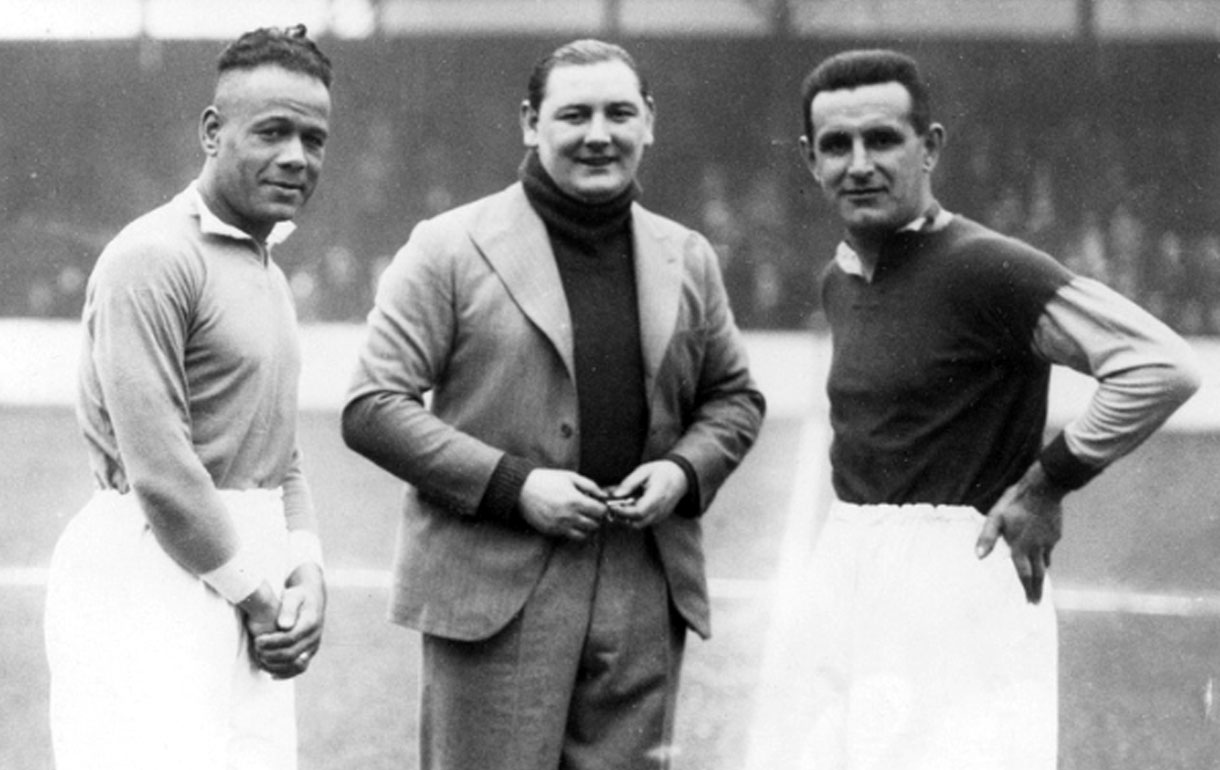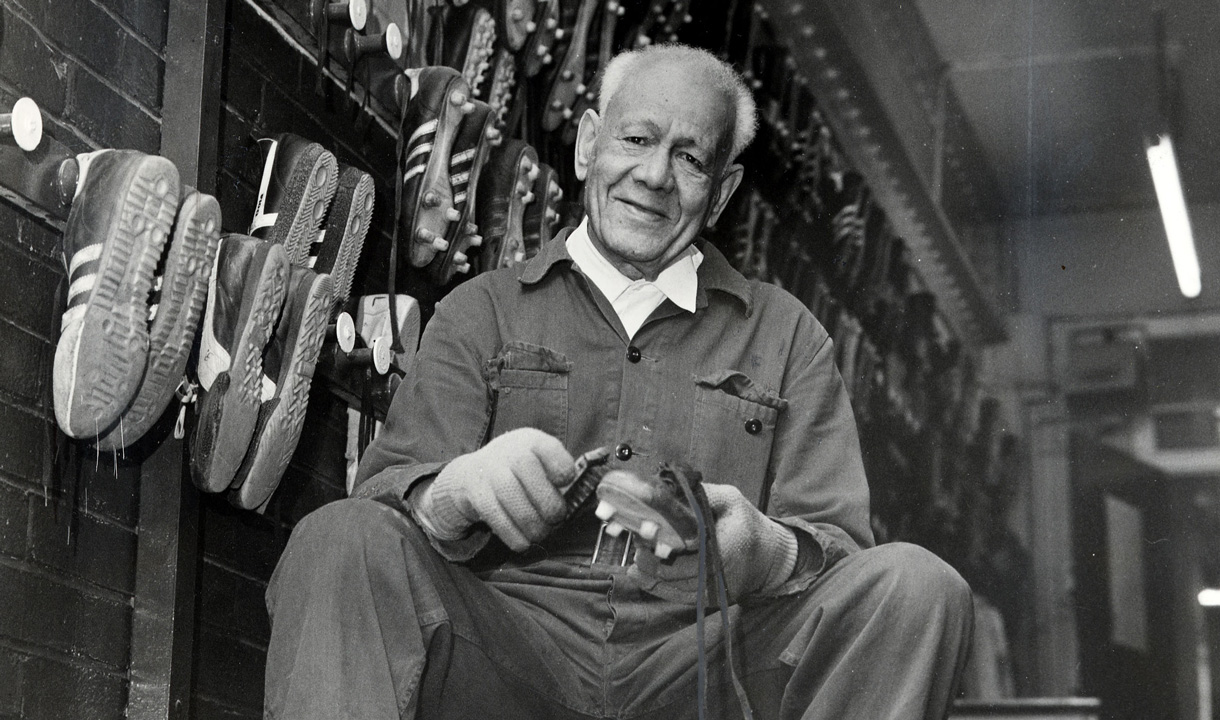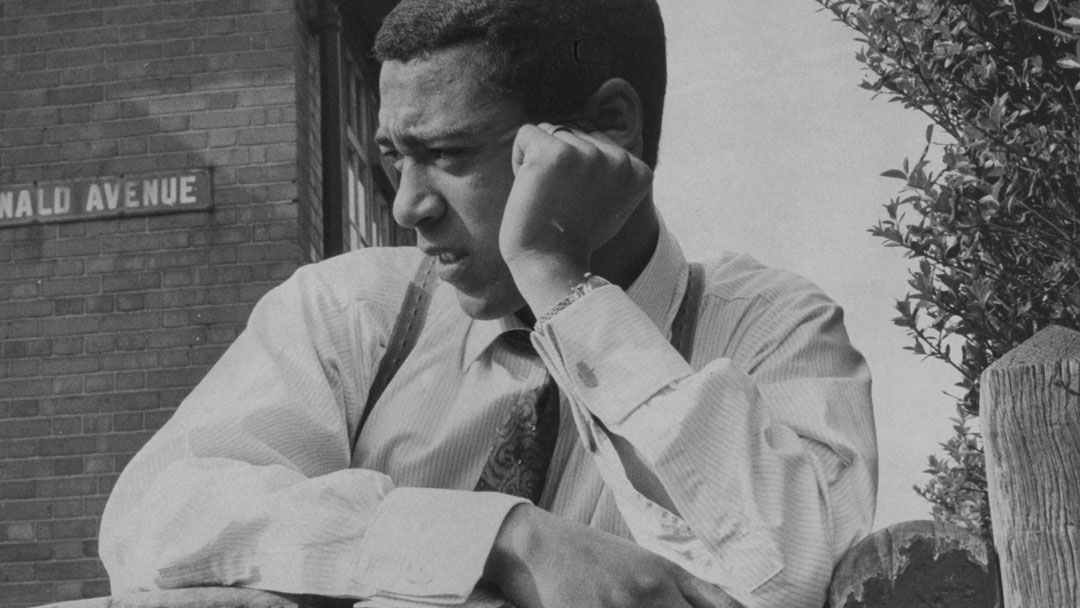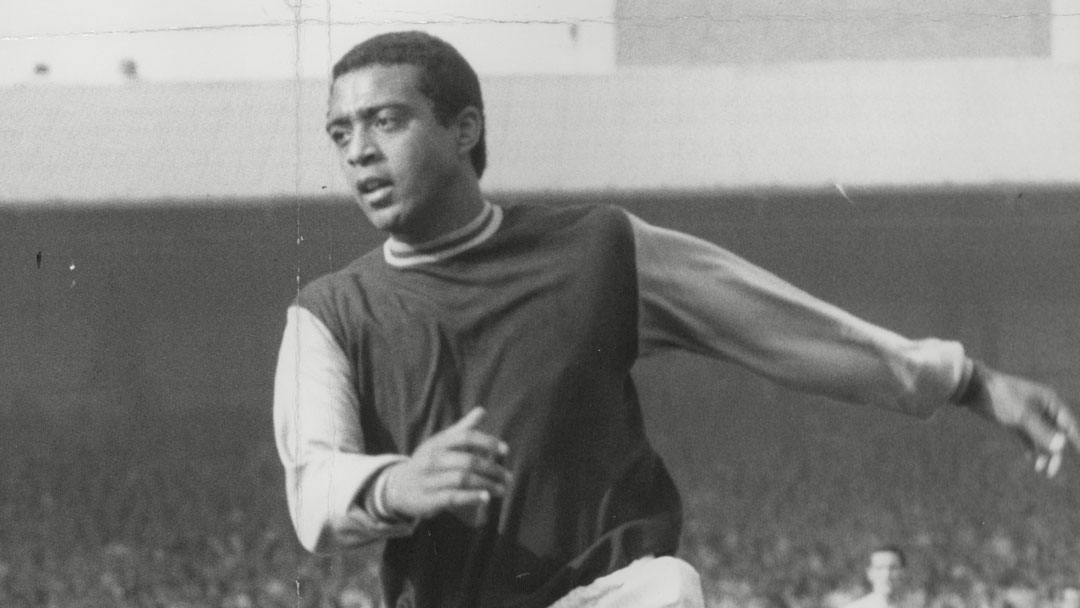To mark Black History Month, we celebrate the lives of two important figures in the history of West Ham United - Jack Leslie and John Charles...
He never played a first-team match for West Ham United, but Jack Leslie will forever be an East End football hero.
Born in Canning Town in August 1901, Leslie played for local club Barking Town as a teenager, helping The Blues win the London League Premier Division title in 1920/21.
In 1921, the centre forward joined Football League Division Three side Plymouth Argyle, where he would spend the next 13 seasons, score nearly 150 goals in more than 400 senior appearances.
During his time at Home Park, Plymouth finished as runners-up no fewer than six seasons in a row between 1921/22 and 1926/27, before finally winning the title and promotion in 1929/30.
So good were Leslie’s performances that, in 1925, he was informed by the Pilgrims’ long-serving manager, Bob Jack, that he had received a call-up to the England squad, only for his name to be missing when the side was formally announced.
Although it was impossible to prove, the widely held belief is that the reason his England selection was rescinded was the colour of his skin. Jack Leslie was Black.

Pioneers
The son of a Jamaican father and English mother, Jack Leslie was one of the first Black players to appear regularly in the English Football League.
After amateurs Robert Walker and Andrew Watson – who played three times for Scotland in the 1880s – Ghanaian Arthur Wharton became the first professional when he joined Rotherham Town in 1889, following spells as an amateur with Darlington and Preston North End.
Around the turn of the 20th century, Stepney-born Fred Corbett became Thames Ironworks FC’s first-ever Black player.
A hard-working inside forward, Corbett joined the Ironworks from local side Old St Luke’s in 1899, appearing for the club in the Southern League and London League.
In 1900, the club reformed as West Ham United and Corbett’s career blossomed as he scored 13 goals in 33 appearances before joining Bristol Rovers.
Later, Walter Tull played for Tottenham Hotspur and Northampton Town before being killed while fighting for his country in the Great War, while Egyptian Hassan Hegazi played for Fulham in 1911.
All faced prejudice, despite their talent, at a time when both English football and society was far less cosmopolitan than it is now.
A boot room legend

Following his retirement from playing in 1935, Leslie turned out in a charity match at Upton Park, featuring for Fairbairn House Boys’ Club Old Boys against West Ham, before returning to east London on a permanent basis in the 1960s.
Then, he joined the Hammers’ backroom staff under manager Ron Greenwood, working as the Club’s boot-boy for over 15 years at Chadwell Heath and the Boleyn Ground.
It was Leslie who was responsible for ensuring the likes of Bobby Moore, Geoff Hurst, Martin Peters, Billy Bonds and Trevor Brooking were provided with the requisite footwear.
Leslie would spend hours cleaning and polishing the players’ boots, removing mud, touchline paint and other debris, before softening the leather using dubbin and shining them with polish.
On his retirement at the age of 80, in 1982, he was featured on ITV’s 'Big Match', being congratulated on a unique and historic career by manager John Lyall.
Jack Leslie passed away in 1988, but his place in the history of football in this country should never be forgotten.
And, thanks to The Jack Leslie Campaign, created by Plymouth fans Greg Foxsmith and Matt Tiller with the support of Leslie's family, that will be the case as this Friday, 7 October, a statue of Leslie will be unveiled outside Home Park.
John Charles – England’s first Black international

At the 2018 FIFA World Cup finals, 12 members of England’s 23-man squad were either Black or of mixed-heritage.
However, it is only 44 years since Viv Anderson became the first Black footballer to represent England at senior level, when former West Ham United manager Ron Greenwood rewarded his outstanding form for Nottingham Forest with a debut against Czechoslovakia in November 1978.
He was the 936th footballer to appear for the Three Lions, but not the first Black man to play for England.
That honour fell to a player who, incidentally, played 142 times for West Ham under Greenwood.
Full-back John Charles was born in Canning Town in September 1944, to father Moister, a seaman from the Caribbean island of Grenada, and an English mother, Jessie.
The second youngest of nine children, including his younger brother and fellow West Ham player Clive, John was spotted by scout and legendary Hammers goalkeeper Ernie Gregory while playing for West Ham Boys, joining the Academy of Football in 1959.

His outstanding talent saw Charles selected to represent England at U18 level in May 1962, when he scored in a 3-1 win over Israel in Tel Aviv. The following year, he appeared again as England won the UEFA Under-18 tournament.
The year 1963 also saw Charles make his West Ham debut, in a First Division fixture with Blackburn Rovers at the Boleyn Ground, before captaining the Irons to FA Youth Cup glory for the first time in the Club’s history.
Injuries notwithstanding, he might have been part of the teams which won the FA Cup and European Cup Winners’ Cup.
Charles passed away in 2002, aged just 57, but he is remembered with great fondness by former teammates and friends alike.
“Charlo was a great leader for us because most of us were younger than him, so in a way we looked up to him,” Harry Redknapp told The Athletic. “He read the game well and he was a tough lad. If you got tackled by John you would know about it.
“When you think about what he’s achieved, John is definitely one of the Black pioneers of English football.”
